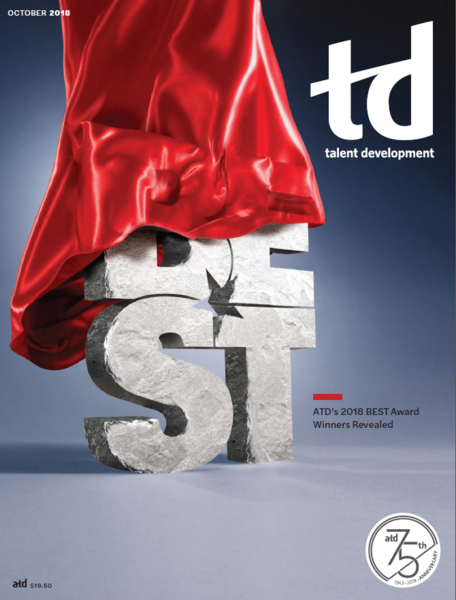TD Magazine Article
Word Wiz: Mere Urgency Effect
People often perform urgent tasks with short completion windows over tasks with more prominent payoffs simply because there is an “illusion of expiration.”
Thu Oct 04 2018
You come into work and two emails are waiting for you. One is asking for something that isn't important but needs to be done quickly; the other task is critical but not time-sensitive. What do you do? A study published in the Journal of Consumer Research finds that most people opt to perform the urgent but less important work. This is called the mere urgency effect.
Why do people choose against their self-interest? The study explains that people often perform urgent tasks with short completion windows over tasks with more prominent payoffs simply because there is an "illusion of expiration." This is akin to sales ads that prompt consumers to "buy while supplies last." Lead researcher Meng Zhu, an associate professor of marketing at Johns Hopkins University's Carey Business School, notes that "people are so busy thinking about the timeframe that they lose sight of the outcomes."
If you find yourself constantly responding to other people's urgent requests rather than performing meaningful work, the Eisenhower Box can help. The tried-and-true prioritization matrix has users assign tasks to one of four quadrants: urgent and important (do now); urgent but not important (delegate); not urgent but important (decide when to do it); and not urgent and not important (delete). This is a simple but effective method for shifting your thinking toward more long-term, strategic productivity.
The mere urgency effect isn't all bad, though. Some people have found ways to use it to an advantage. For instance, to keep teams motivated, the study advises managers to break large projects into smaller tasks with several urgent deadlines. Zhu also recommends adding timed alerts to non-urgent but vital tasks to trigger specific actions. Do you think adding a reminder for lunch counts?

